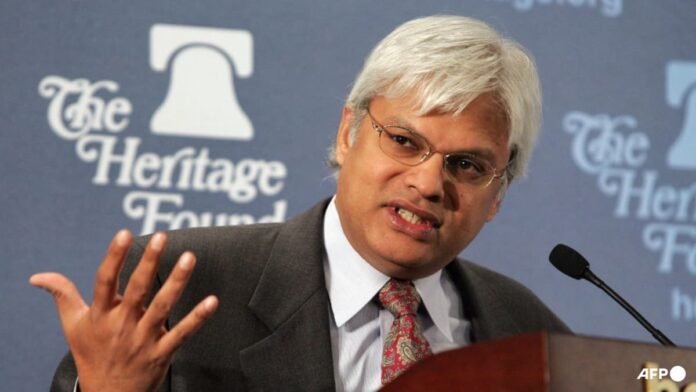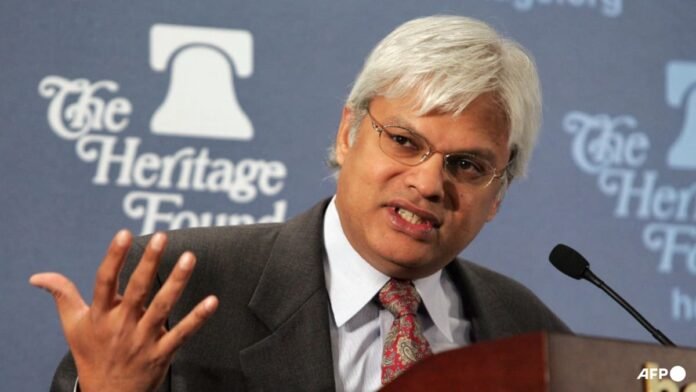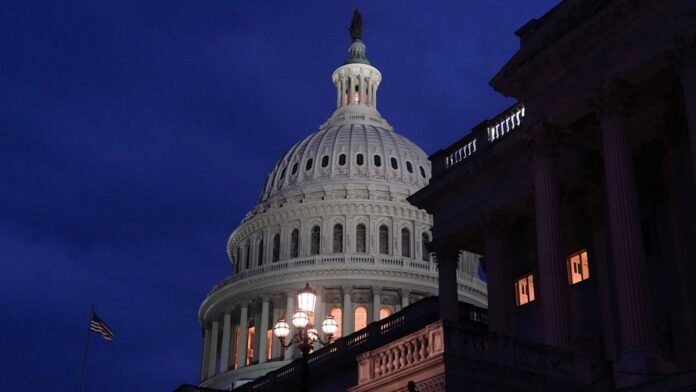A senior U.S. adviser who works on India‑related policy has come under fire after Indian officials say he took confidential documents and later met with a Chinese diplomat. The U.S. team in Washington believes the adviser was simply gathering information for diplomatic work, but the New Delhi side insists the documents were sensitive and that the meeting violated diplomatic norms.
The incident erupted when the adviser’s office was cleared during a routine audit. Officials found copies of briefing papers that New Delhi, which now calls the adviser “unsanctioned,” says are classified. They also discovered records of a conference call the adviser had with a Chinese embassy official in Jakarta. Tehran calls this “covert tripping.”
India’s Foreign Ministry released a statement saying the adviser had crossed a line by taking more than “briefing notes” and that the meeting with China was an “unofficial, unapproved” engagement. The government said it had already alerted the U.S. State Department and that the adviser’s presence in the country would be reviewed.
Washington has called the accusations “unfounded” and said the adviser’s role is “to keep the U.S. updated on developments in the region.” The State Department stresses that the adviser’s purpose is to gather public information and promote transparency between the two countries. It added that any “queries about past briefings will be handled by the appropriate offices.”
The case has come at a time of high tension in Indo‑US‑China relations. With the U.S. pushing to strengthen ties with New Delhi, India remains wary of Beijing’s growing influence in the region. The incident may stall talks about joint security initiatives or economic cooperation that began last year.
Indian lawmakers have called for a full investigation and said the adviser’s actions “threaten national security.” The U.S. has not yet decided whether to remove the adviser from the list of officials that can travel freely in India. Meanwhile, diplomats on both sides are working to keep the situation from boiling over into a larger diplomatic dispute.
The key issues are the protection of national documents, the rules that govern diplomatic meetings, and the fresh round of scrutiny over U.S. policy in South Asia. Several experts say the situation will test the limits of the diplomatic code and might set a new precedent for how advisers and embassy staff handle sensitive materials in the age of global data sharing.
Stay informed on all the latest news, real-time breaking news updates, and follow all the important headlines in world News on Latest NewsX. Follow us on social media Facebook, Twitter(X), Gettr and subscribe our Youtube Channel.



